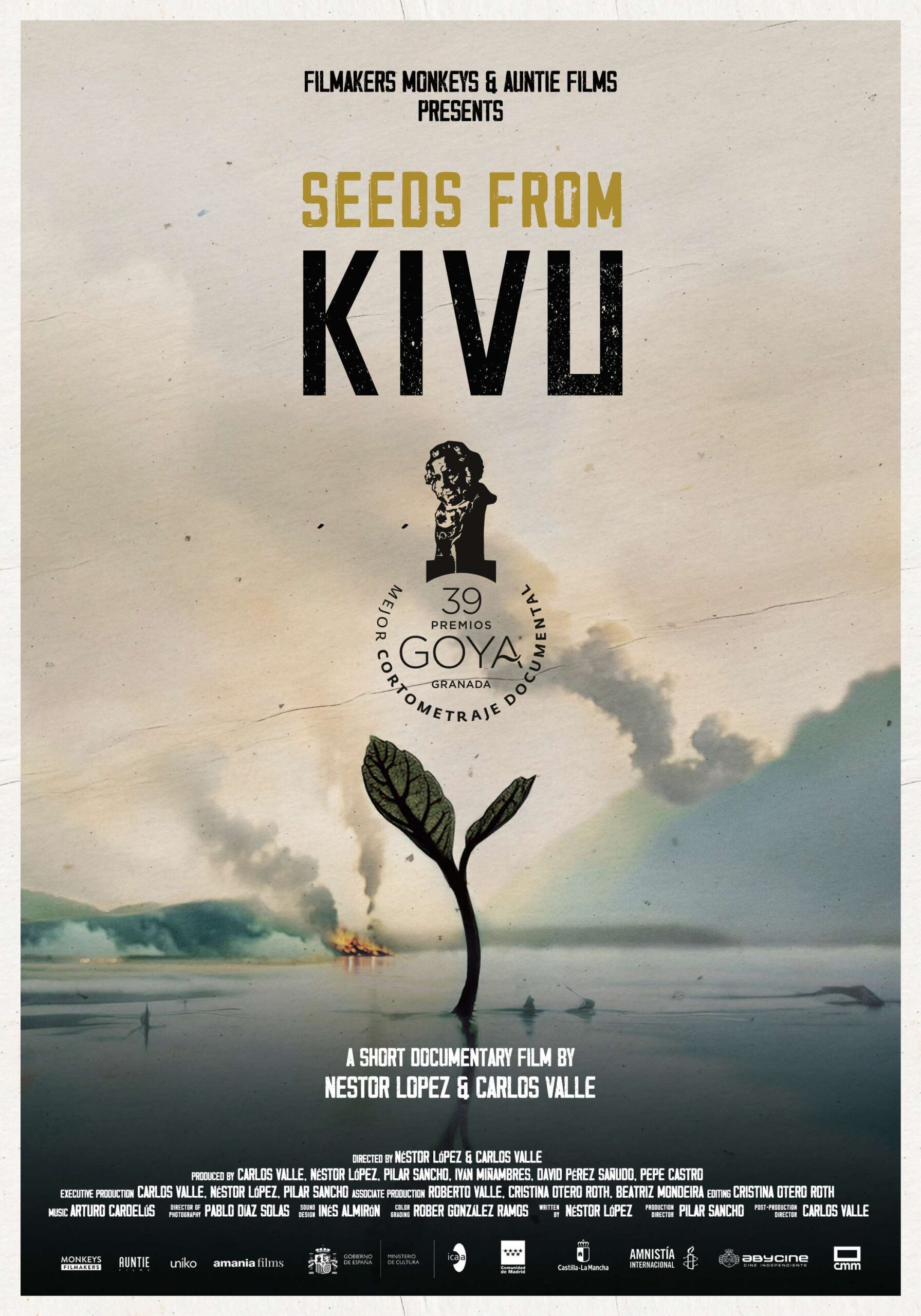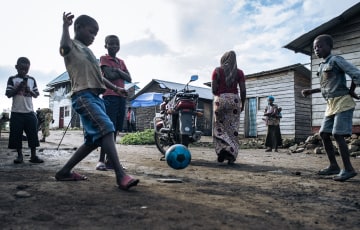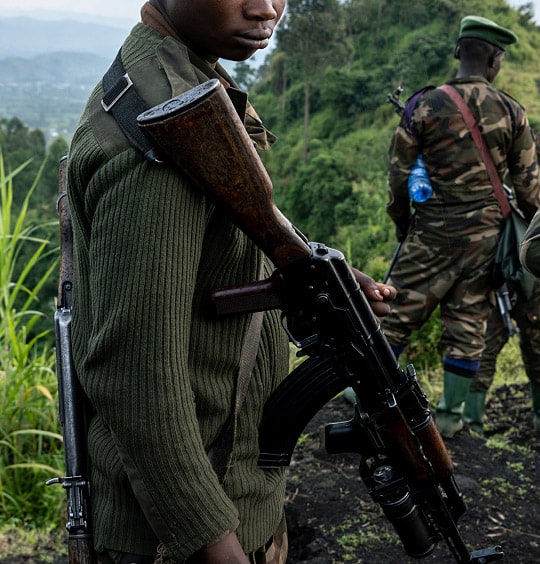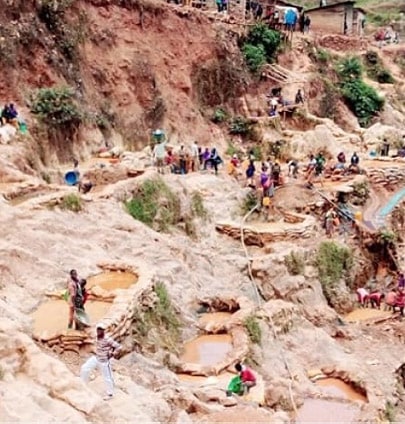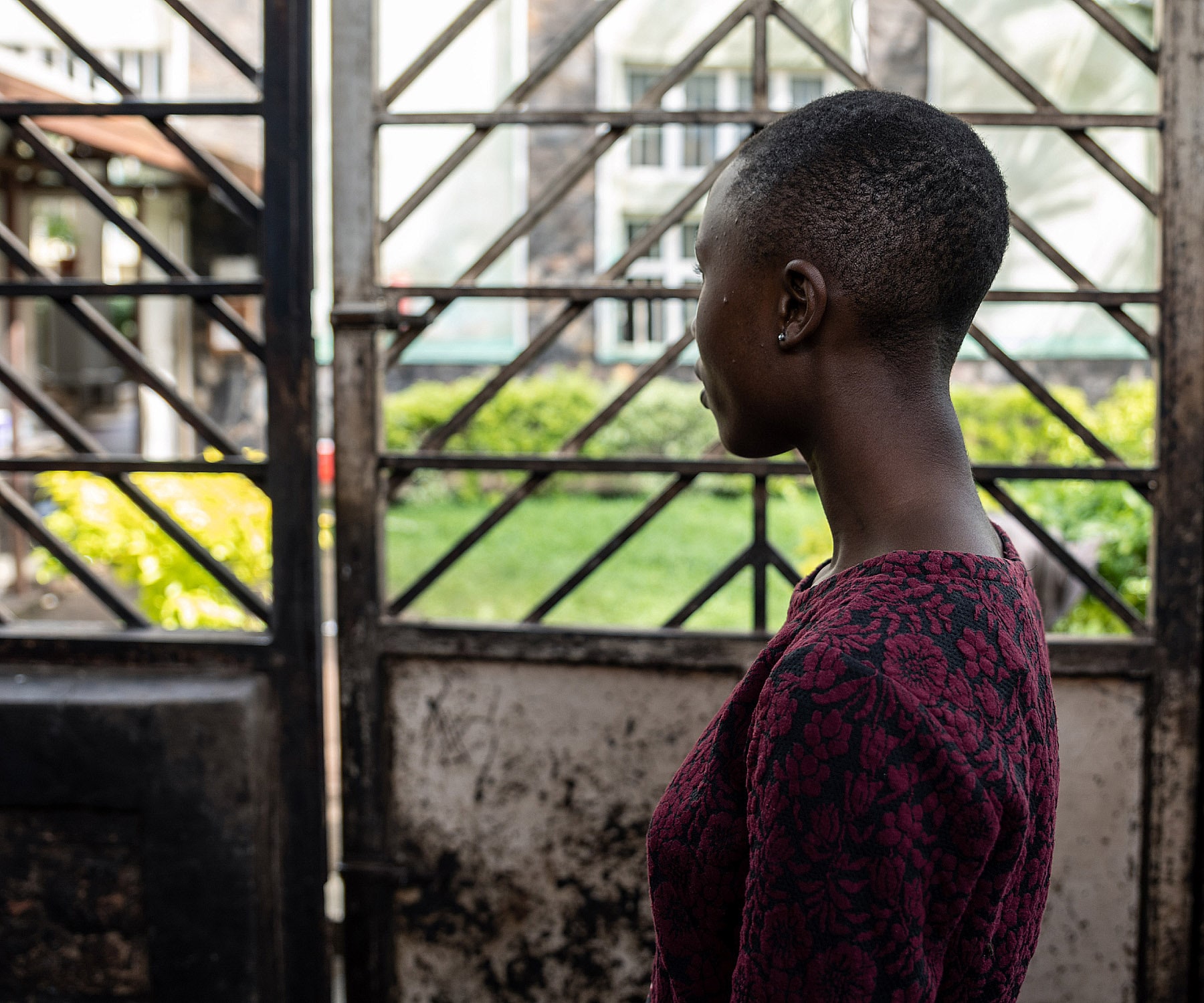
Rape: A Weapon of War
Democratic Republic of Congo has been at the epicenter of some of
the most horrific conflict-related sexual violence in modern history.
For decades, armed groups and military forces have systematically used sexual and gender-based violence (SGBV) as a weapon of war, particularly in the eastern provinces.
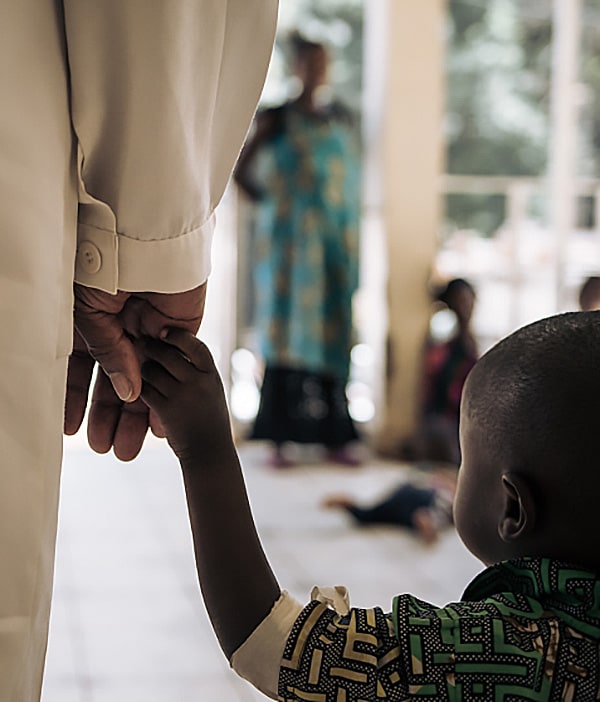
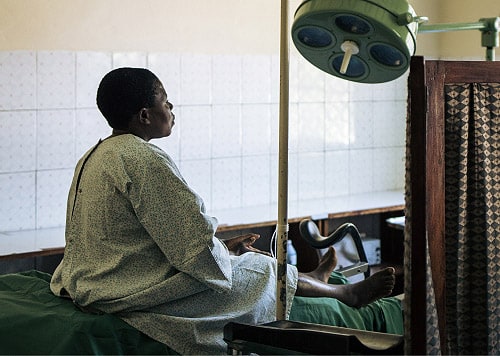
This brutal tactic has devastated communities, with profound and long-lasting physical, psychological, and social consequences for survivors.
Understanding CRSV
Conflict-related sexual violence (CRSV) refers to acts of sexual violence directly or indirectly linked to conflict. While traditionally associated with rape against women, the definition has expanded to include all persons, including men and boys, who are also victims of sexual violence in war (All Survivors Project). CRSV includes:
Mass rape
Entire villages targeted to instill fear and weaken resistance
Sexual slavery
Victims forcibly held and exploited
Forced pregnancy, marriage & sterilization
Used to impose ethnic, religious, or political control
Trafficking for sexual exploitation
Affecting displaced persons in conflict zones
The Use of Sexual Violence as a Weapon of War
In conflicts all around the world, armed groups, militias, and even state forces systematically use sexual violence to terrorize, humiliate, and control civilian populations. This form of violence serves multiple strategic purposes:
- Terror & Displacement: In many instances, entire villages are targeted, with women and girls raped en masse. This tactic weakens social cohesion and displaces communities (All Survivors Project).
- Indiscriminate Targeting: CRSV often does not discriminate by gender, age, or ethnicity. Both men and women, adults and children, have been subjected to sexual violence.
- Resource Control: Sexual violence is often linked to the exploitation of mineral resources. Armed groups use rape as a means of controlling mining areas, forcing populations to flee so they can monopolize access to minerals like coltan and gold in DRC (HRW).
Systematic and widespread, conflict-related sexual violence (CRSV) is often perpetrated in public and collective settings, where rapes are committed by groups or in front of entire communities. The violence is blind to identity, affecting a diverse range of victims, including women, men, children, and the elderly. It is indiscriminate in nature, targeting entire villages rather than specific individuals, amplifying its destructive impact on communities.
The Impact on Survivors
Conflict-related sexual violence in the DRC has destroyed the lives of tens of thousands of individuals. The immediate physical consequences are often severe, including traumatic fistula, infections, and unwanted pregnancies. Survivors also suffer from deep psychological wounds, experiencing post-traumatic stress disorder (PTSD), depression, and anxiety as a result of the violence they endured.
Beyond the individual, sexual violence shatters entire families and communities. Survivors frequently face social ostracism, as many are abandoned by their partners or shunned by their communities due to stigma and shame. Children born as a result of rape are often rejected or marginalized, growing up without the support and protection they need. In addition, population displacement is a significant consequence, as entire villages are abandoned due to the fear of mass rape and ongoing violence, leaving survivors and their families without homes or security.
Rape is used as a military strategy. It is not a byproduct of war—it is a tactic of war.
Dr. Denis Mukwege
who are raped in DRC experience rejection from their families
Conflict-Related Sexual Violence (CRSV) as a Weapon of War in the DRC
In the Democratic Republic of the Congo (DRC), conflict-related sexual violence (CRSV), particularly rape, has been systematically used as a weapon of war for over two decades. Armed groups and state actors alike have employed sexual violence not only to harm and degrade individuals but also to terrorize entire communities and destabilize the region. This form of violence is often perpetrated on a mass scale, affecting men, women, children, and the elderly, with devastating and far-reaching consequences.
At the peak of the conflict in the DRC, an estimated 48 women were raped every hour (NIH, 2011). However, this statistic is likely an underrepresentation, as many cases of CRSV go unreported due to fear, stigma, and a lack of access to healthcare or legal recourse. The actual number of victims may be even higher, with some organizations suggesting that as many as 400,000 women, men, and children may have been affected by sexual violence since the beginning of the conflict (Human Rights Watch, 2019). The true scale of the problem remains unclear, but these figures underscore the vast and ongoing impact of CRSV on the population.
Rape and other forms of sexual violence are used strategically to instill fear, force displacement, and destabilize communities. It is a tactic of terror that forces individuals to flee their homes, leaving entire villages abandoned in fear of further violence. This mass displacement exacerbates the already dire humanitarian situation, leaving survivors without access to basic services, including healthcare and shelter.
The brutal impact of CRSV extends beyond immediate physical harm, such as severe injuries, infections, and unwanted pregnancies. Survivors often endure lasting psychological scars, including post-traumatic stress disorder (PTSD), depression, and anxiety. Many face social stigma and rejection from their families and communities, as rape survivors are frequently ostracized and blamed for the violence they experienced. Additionally, children born from rape are often marginalized and denied the care and protection they need to thrive.
Next steps for the DRC
The strategic use of rape in the DRC highlights the urgent need for comprehensive measures to prevent CRSV, hold perpetrators accountable, and provide support for survivors. The Panzi Foundation continues to address this issue by offering vital care, support, and advocacy for those affected while working toward lasting peace and justice for all.
The Role of Natural Resources
in Perpetuating Sexual Violence
The DRC’s vast wealth in natural resources—especially minerals like coltan, diamonds, and gold—has played a central role in driving the conflict. Armed groups have sought to control these resources to fund their operations, and sexual violence has become one of their primary tactics to maintain power over mining areas. By terrorizing local populations through rape, militias and rebels can more easily control and exploit valuable mineral-rich regions. The link between sexual violence and resource extraction is particularly pronounced in the eastern DRC, where some of the country’s most valuable mines are located. The struggle for control over these areas has made this region a hotbed of violence, with women and girls bearing the brunt of the atrocities.
I CAN NO LONGER DO WHAT I USED TO. I DON’T ENJOY ANYTHING. I LIVE ALONE WITH THE CHILDREN AND TRY TO HOLD THE BURDEN MYSELF.
Ms. M, Survivor
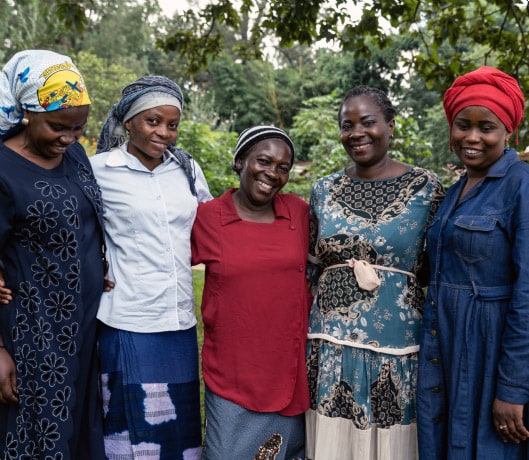
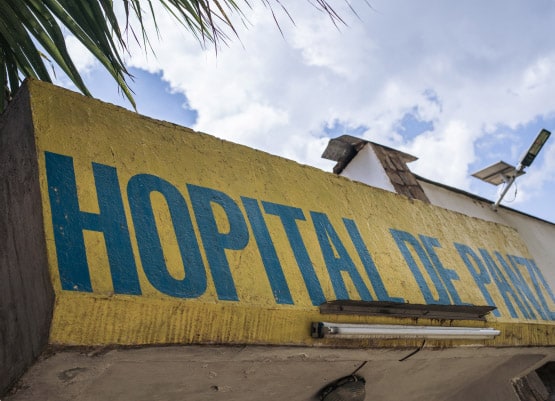
The Mukwege Foundation and the Red Line Initiative
The Mukwege Foundation, established by Nobel Peace Prize laureate Dr. Denis Mukwege, is an international rights-based, survivor-centered organization dedicated to changing the global response to conflict-related sexual violence. Recognizing the pervasive and devastating impact of CRSV, the foundation launched the Red Line Initiative, a global campaign aimed at eliminating the use of sexual violence in conflict.
The Red Line Initiative focuses on three core objectives:
- Moral Outcry: Evoking a clear rejection of CRSV in all its forms, emphasizing that such acts violate our shared humanity and cannot be accepted as inevitable consequences of war.
- Legal Framework: Strengthening and clarifying legal obligations on states to prohibit, prevent, and punish CRSV, as well as to provide reparations for its harms.
- Political Will: Building political will to ensure a more robust and timely response by states in line with their international obligations.
Through these efforts, the Mukwege Foundation seeks to draw a definitive “red line” against the use of sexual violence as a weapon of war, advocating for a world where such atrocities are unequivocally condemned and effectively addressed.
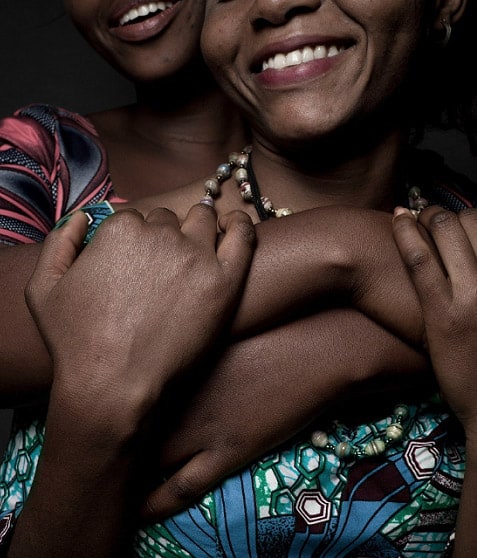
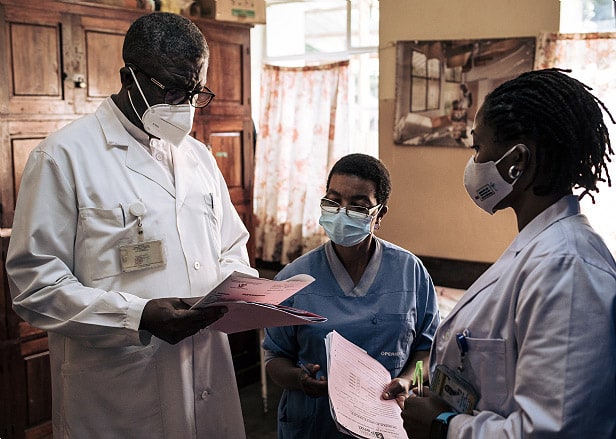
Denis Mukengere Mukwege, Olaa Mohamed-Ahmed, Joseph R. Fitchett
Mathias Onsrud, Solbjørg Sjøveian, Roger Luhiriri, Dennis Mukwege
Susan A Bartels, Jennifer A Scott, Jennifer Leaning, Jocelyn T Kelly, Nina R Joyce, Dr Denis Mukwege, Michael J VanRooyen
Susan Bartels, Jocelyn Kelly, Jennifer Scott, Jennifer Leaning, Denis Mukwege, Nina Joyce, Michael VanRooyen
Learn more about our solutions:
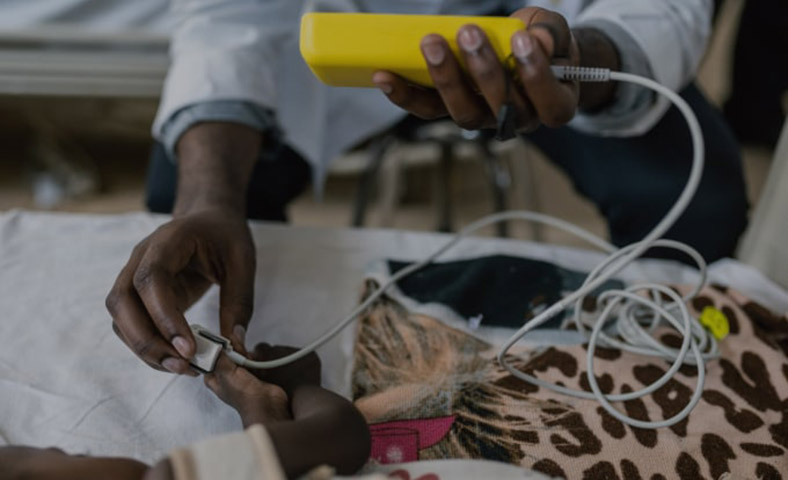
Panzi Hospital
World-renowned for its treatment of survivors of sexual violence and gynecological injuries
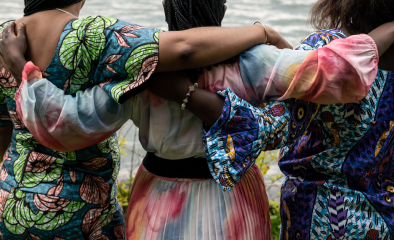
Our holistic model
Medical, psychosocial, legal, and socio-economic holistic support for every survivor
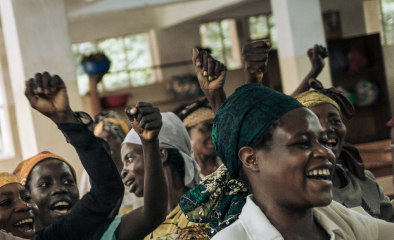
Badilika: Advocacy & Justice
Driving systemic change and transformation in societal attitudes and behaviors
Join Us in healing survivors and communities, WHEREVER and HOWEVER THEY NEED
